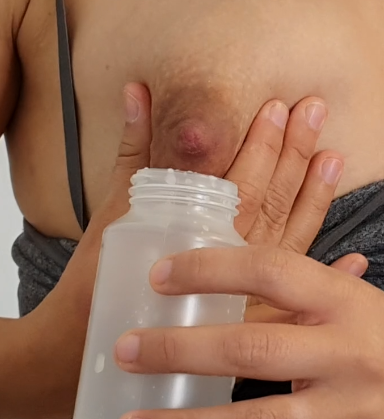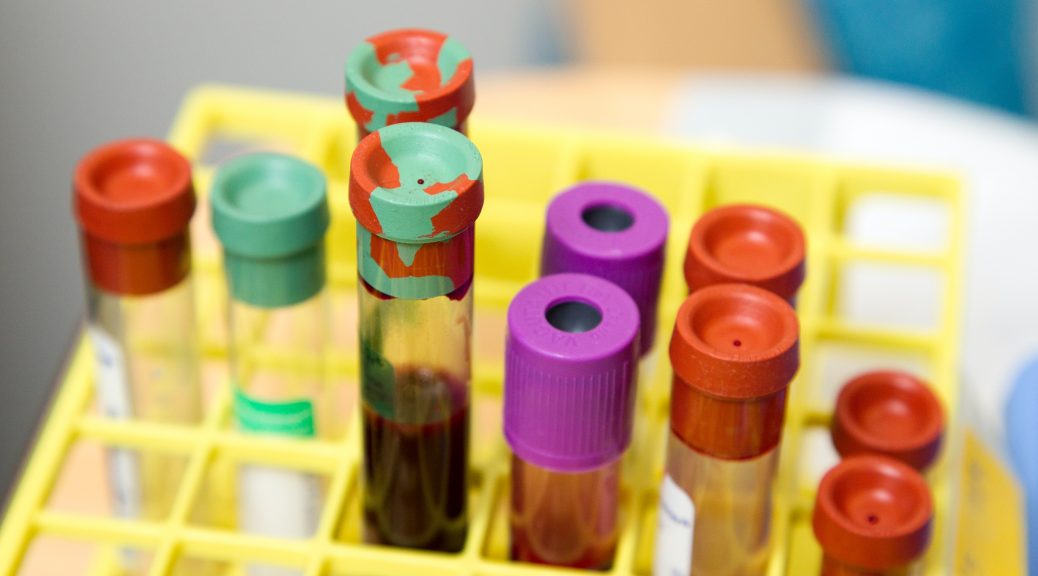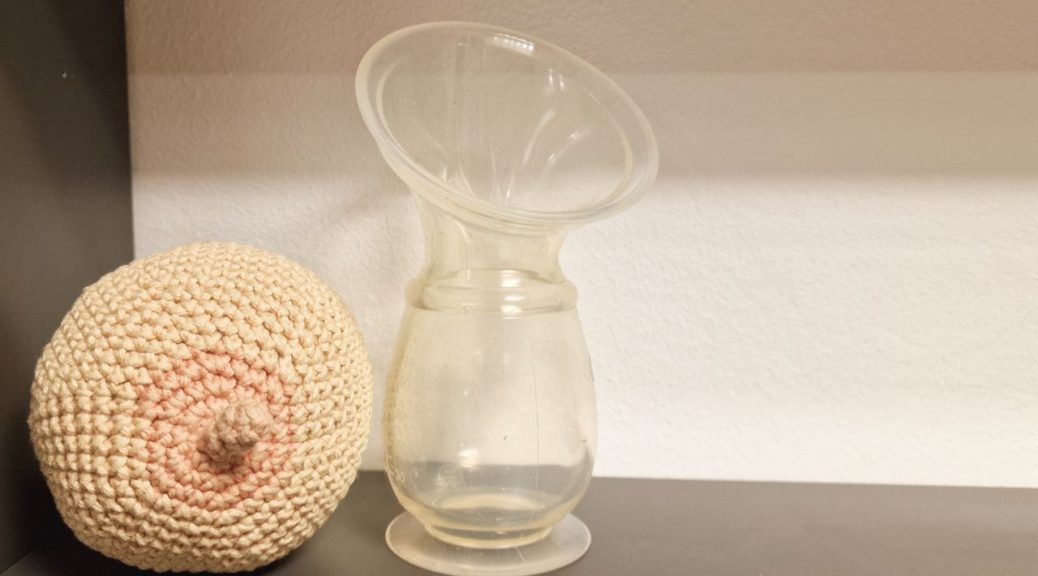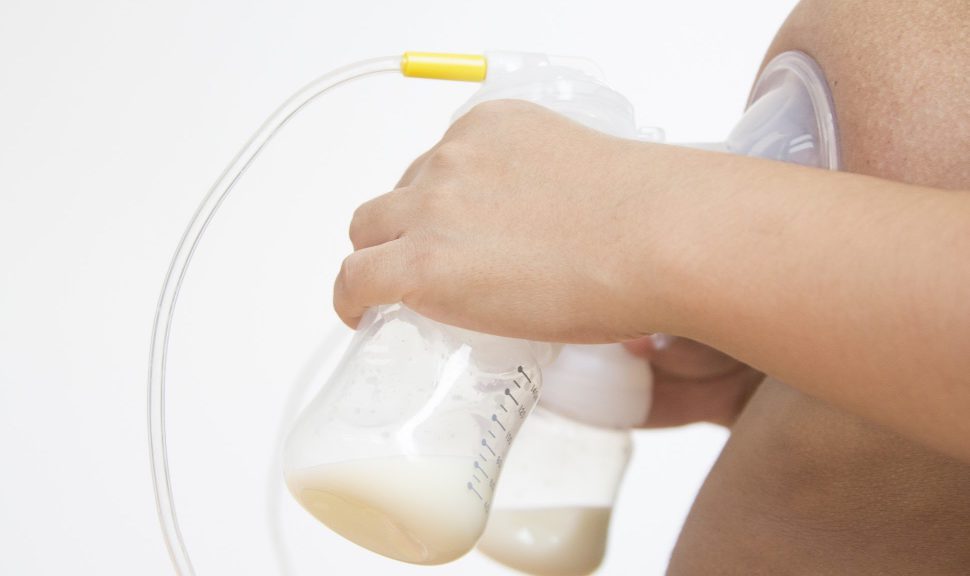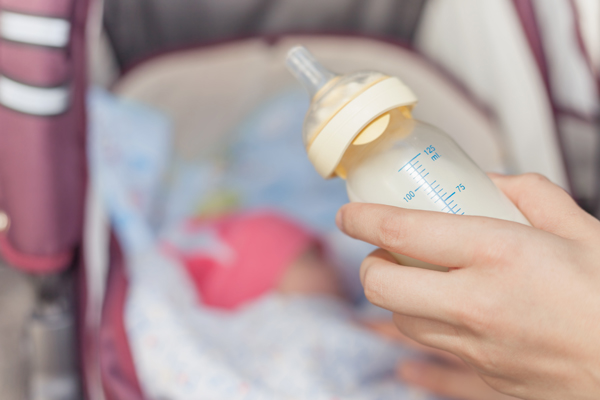Extraction, collection, and transport of samples for human milk lab test
A human milk lab test is a diagnostic tool that can be useful at certain times during lactation.However, the protocols for indicating the culture are not yet very standardized, even so, it is increasingly recommended to perform a milk culture lab test in the following situations: For the milk culture to have the proper diagnostic value, the sample must be extracted, collected, and transported in the best conditions. For this purpose, we have prepared an infographic with the most important…
